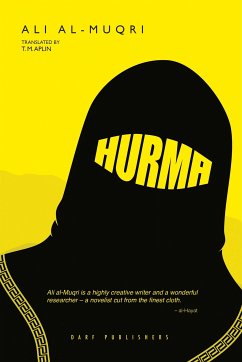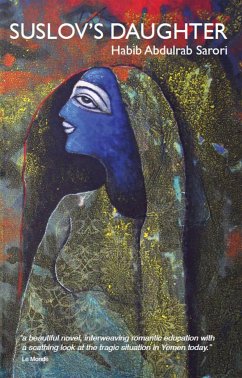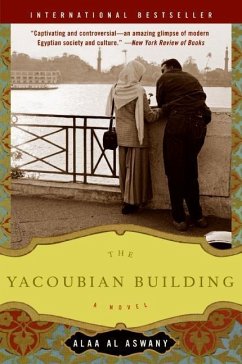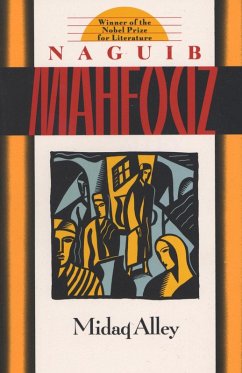
Cry in a Long Night (eBook, ePUB)
And Four Stories
Übersetzer: Tamplin, William
Versandkostenfrei!
Sofort per Download lieferbar
9,49 €
inkl. MwSt.
Weitere Ausgaben:

PAYBACK Punkte
0 °P sammeln!
Jabra's debut novel, first published in 1955 and called by Edward Said "one of the principal successes of Arabic artistic prose and drama," introduced stream of consciousness, flashback and interior monologue to the Arabic novel and set the stage for the outpouring of excellent modern Arabic prose in the decades that followed. In the first novel by the Palestinian author Jabra Ibrahim Jabra, Amin Samaa walks the length of his native city on a portentous night. Amin is headed to the house of Inayat Yasser, an aristocratic heiress who has hired him to help her write a book on the history of her ...
Jabra's debut novel, first published in 1955 and called by Edward Said "one of the principal successes of Arabic artistic prose and drama," introduced stream of consciousness, flashback and interior monologue to the Arabic novel and set the stage for the outpouring of excellent modern Arabic prose in the decades that followed. In the first novel by the Palestinian author Jabra Ibrahim Jabra, Amin Samaa walks the length of his native city on a portentous night. Amin is headed to the house of Inayat Yasser, an aristocratic heiress who has hired him to help her write a book on the history of her Ottoman family, now fallen on hard times. On his way there, Amin recalls his childhood in a nearby village and the city slum his family had to flee to after his father died. Old friends, thieves and madames attempt to waylay him. And the haunting atmosphere of the city gives rise to memories of Amin's wife Sumaya, whose sudden disappearance two years before has left him at a loss. Sumaya's sudden reappearance forces Amin into a decision that will change his life forever. In a novel written just two years before the 1948 Palestinian Nakba, the events and characters lead to a momentous conclusion. Jabra brought modernist techniques into modern Arabic literature: the reminiscences of D. H. Lawrence, the introspective wanderer of James Joyce, and the acerbic wit and country-house feel of early Aldous Huxley. This classic of Arabic literature is not to be missed.
Dieser Download kann aus rechtlichen Gründen nur mit Rechnungsadresse in A, B, BG, CY, CZ, D, DK, EW, E, FIN, F, GR, H, IRL, I, LT, L, LR, M, NL, PL, P, R, S, SLO, SK ausgeliefert werden.













